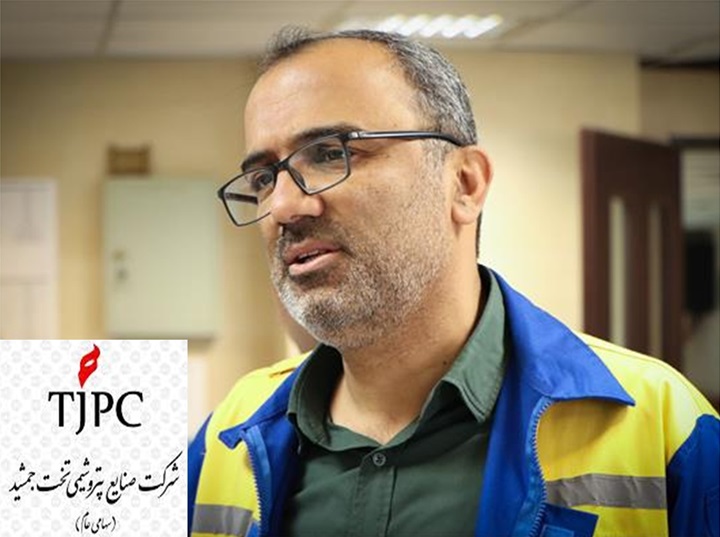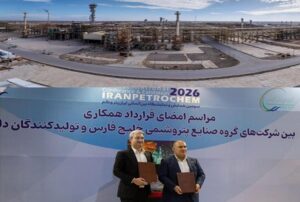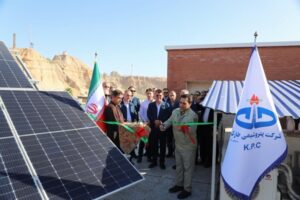Rahbord Energy: The CEO of Takhte Jamshid Petrochemical Company (TJPC), Mohammad Javad Badri, has elaborated on the issue of sustainable feedstock supply for petrochemicals. Given the signing of contracts for the development of 16 gas fields by petrochemical holdings with the National Iranian Oil Company (NIOC), Badri stated that, firstly, there does not exist in Iran a relevant culture on gas and energy consumption. He further noted that Iran has a God-given blessing, which is the country’s gas fields, but they are not used properly. 800 million cubic meters of gas are consumed daily in the winter season, the power plants work with an efficiency of less than 30%, and households use the energy with a 10% efficiency. All these, he said, have forced the country to go after the development of shared oil & gas fields.
Plans to develop gas fields by petrochemical companies will face dead ends
He further added that instead of developing new fields, Iran now needs to improve the efficiency of successful projects in fields that have already been developed. Badri noted that the shared fields are the wealth of future generations as well. Therefore, it is necessary to improve productivity and energy consumption culture. He added that 800 million cubic meters of gas are consumed in Iran, but only 8% of that is allocated to the petrochemical industry, which uses over 90% of that to produce products. In comparison, the electric power industry has a productivity rate of just 25%, and efficiency in domestic heating is just 10%. Therefore, he added, it is illogical to allocate such a small amount of gas to the petrochemical industry. Badri noted that it’s necessary to optimize energy consumption by various means, including changing the energy consumption culture. He added that if this is implemented, it would not be necessary to develop new fields.
Badri also noted that it’s not advisable for petrochemical industries to enter upstream industries since this is not their area of expertise. He noted that petrochemical companies are supposed to convert feedstock into petrochemical products. Badri said it’s better for each industrial sector to do the job in its area of expertise. Given the increase in feed prices and the negative financial statements of petrochemical companies, not much capital is left to invest in new areas.
Turkey, the new petrochemical export market of Takhte Jamshid Petrochemical Company (TJPC)
Badri further touched on the surge in production and export of petrochemicals under the new management. He thanked the previous management team of the company and said more effort would be put into increasing production. He said units engaged in the production of polymers have very sensitive break-even point rates. That needs to improve in order to increase production. He added that in April 2024, 8200 tons of polymer were produced, which represents a 7% increase compared to the previous record in November 2022. He referred to a major overhaul currently being implemented and said the record reached in April will now be the new benchmark for production.
Badri also touched on market expansion in the East Asia region and said 25,000 tons of polybutadiene rubber (PBR) produced by the company are exported, but styrene-butadiene rubber (SBR) production is used domestically due to the needs of the country’s rubber industry for this material. Therefore, he said, the company needs to take some risks regarding its export policy.
According to Badri, the company is currently focused on exports to Southeast Asia and China. He noted that efforts have been made to explore the optimum netback for different markets. He noted that markets in East and Southeast Asia are risk-free for exports. He said TJPC is now trying to develop export policies for Turkey, which is a good export market.
Source: TJPC Department of Public Affairs





















